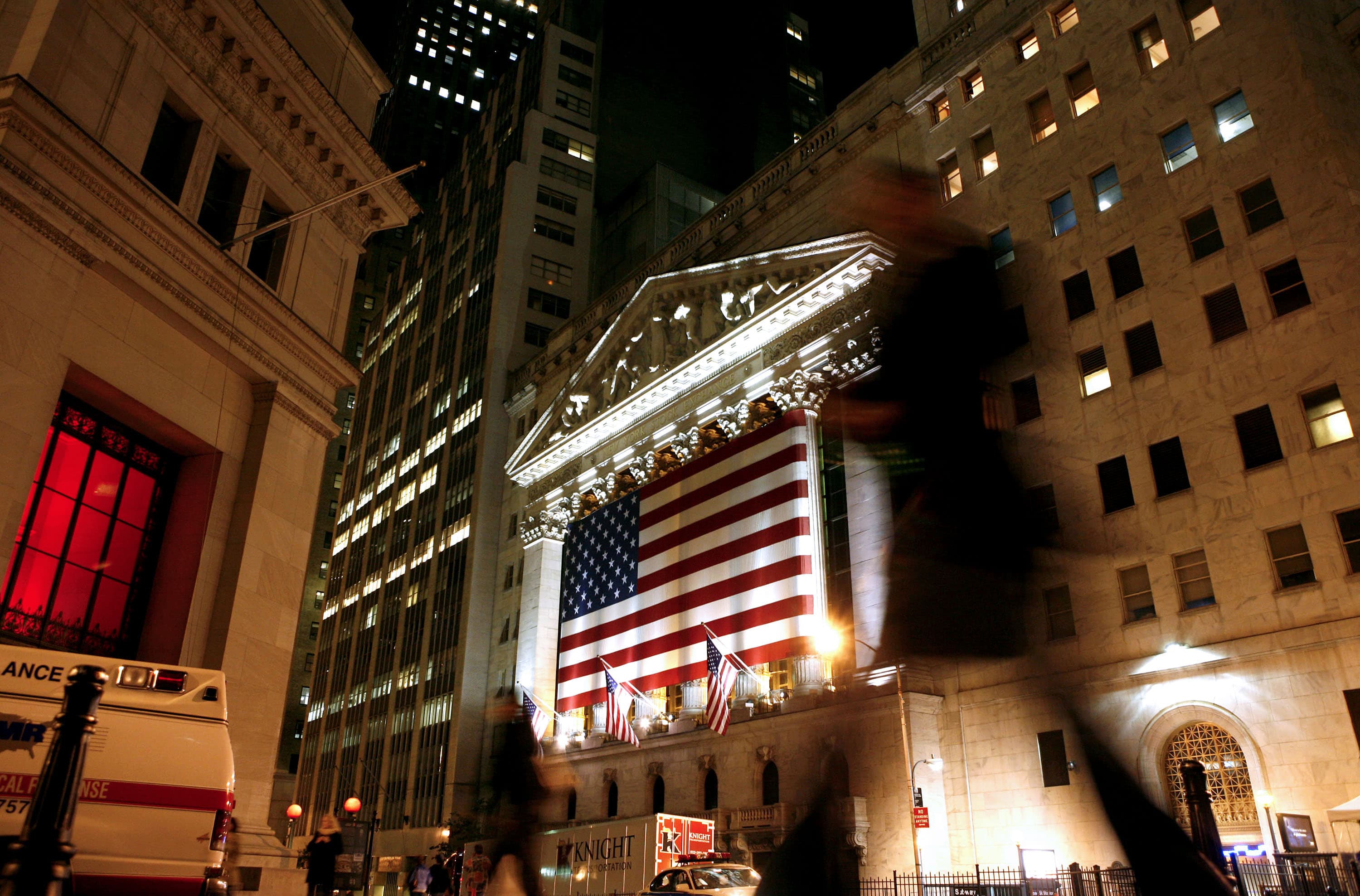Prospects for 24-hour trading in 2022 are ‘pretty bright,’ 24 Exchange CEO says

Around-the-clock trading may be closer than many think, says the CEO of an exchange negotiating with the Securities and Exchange Commission to bring 24-hour trading to the U.S. market.
“The prospects are pretty bright for us to get it approved in 2022,” 24 Exchange founder and CEO Dmitri Galinov told CNBC’s “ETF Edge” on Thursday.
Launched in 2020 and backed by hedge fund billionaire Steve Cohen, 24 Exchange hopes to conclude its talks with the SEC by the end of December and receive a license to begin operating next year, Galinov said.
The company specializes in foreign exchange, cryptocurrency and stock trading and aims to allow its customers to exchange various types of assets with minimal friction and at a low cost.
Crypto trading has driven huge demand for a 24-hour stock exchange, Galinov said.
On the equity side, “if you look right now what’s trading after hours shortly after four o’clock, it’s a very small amount. It’s only 4%,” the CEO said. “But if you look at cryptocurrencies, over a third of cryptocurrencies trade outside of regular hours, on the weekend and so forth. But it’s the same traders.”
Traders around the world also are demanding greater access to U.S. stocks, with many banks and large hedge funds telling 24 Exchange they are excited about its pitch, Galinov said.
The SEC’s stated concerns with extended trading are potentially limited liquidity, large spreads, higher volatility, price uncertainty and professional competition from institutional traders, according to its website.
However, Galinov paints a different picture: He characterizes his firm’s back and forth with regulators as “very productive” and “concentrated on small details.”
The move does raise some concerns, though, ETF Trends’ Dave Nadig said in the same interview. “I’m bullish on the idea. I’m skeptical on the immediate demand,” the firm’s chief investment officer and director of research said.
Setting aside the demand from crypto traders, issues could arise when it comes to products such as exchange-traded funds, which trade baskets of stocks, Nadig said.
“I’d be very skeptical of trading an ETF based on news after hours because I think it’s inconceivable there would be so much liquidity that you could effectively arbitrage whole portfolios at two o’clock in the morning on a Thursday,” he said.
Still, Nadig acknowledged that around-the-clock trading was likely inevitable.
“If we’re talking two, five, 10 years from now, I think we are headed towards a more universal global 24/7 market, it’s just a question of how we get there. But I think it’s right to be skeptical,” he said. “The volumes aftermarket are thin. You can pull up any given stock that’s trading on earnings and you’ll see the incredible liquidity spike at, say, 4:05, and then the immediate plummet in liquidity that happens afterwards.”




